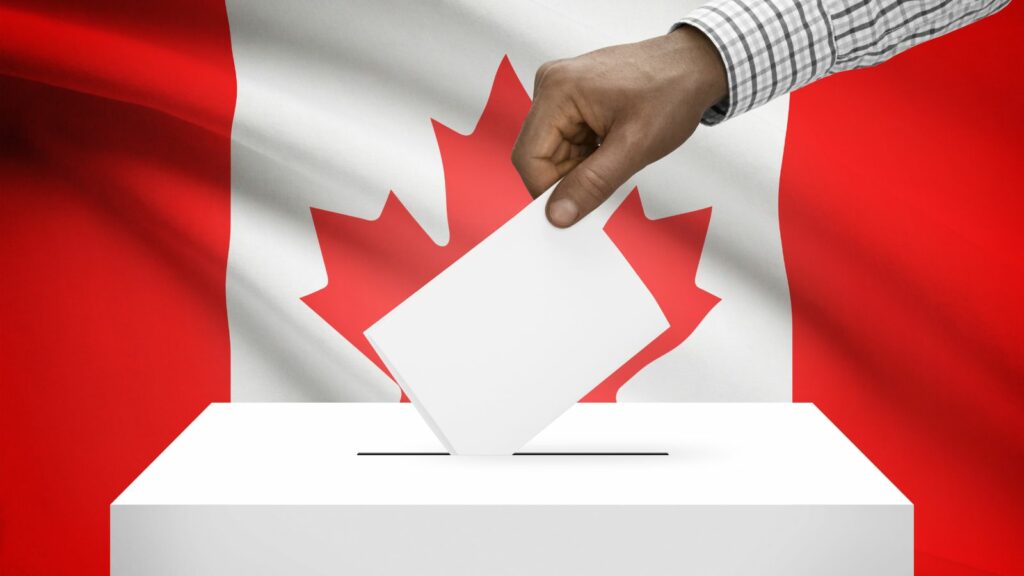Canada has long been known for its quiet consistency, progressive ideals, and inclusive culture. But lately, the world isn’t just watching, it’s following. From governance to lifestyle, countries are adopting values that Canadians have championed for decades. Here are 20 values embedded in Canadian identity that are now gaining international traction.
Universal Healthcare

Canada’s healthcare system has inspired countries seeking to strike a balance between access and cost. Although not perfect, the model prioritizes coverage for overall profit, and its outcomes — higher life expectancy and lower infant mortality — are hard to ignore. Nations like the U.K., Australia, and now even the U.S. (via specific state-level programs and Medicare expansions) are exploring hybrid versions of this system. As healthcare becomes increasingly politicized globally, Canada’s publicly funded model stands as a pragmatic alternative, offering lessons in both policy efficiency and compassionate governance.
Multiculturalism as Policy

Canada was one of the first countries to enshrine multiculturalism into law. Rather than expecting newcomers to assimilate, it encouraged cultural preservation alongside integration. This official stance helped shape an inclusive national identity. Now, nations across Europe and Asia are grappling with immigration challenges and seeking guidance from Canada’s model. Programs that celebrate diversity rather than suppress it are gaining favor, and countries are reevaluating their citizenship and language policies to foster social cohesion.
Political Civility
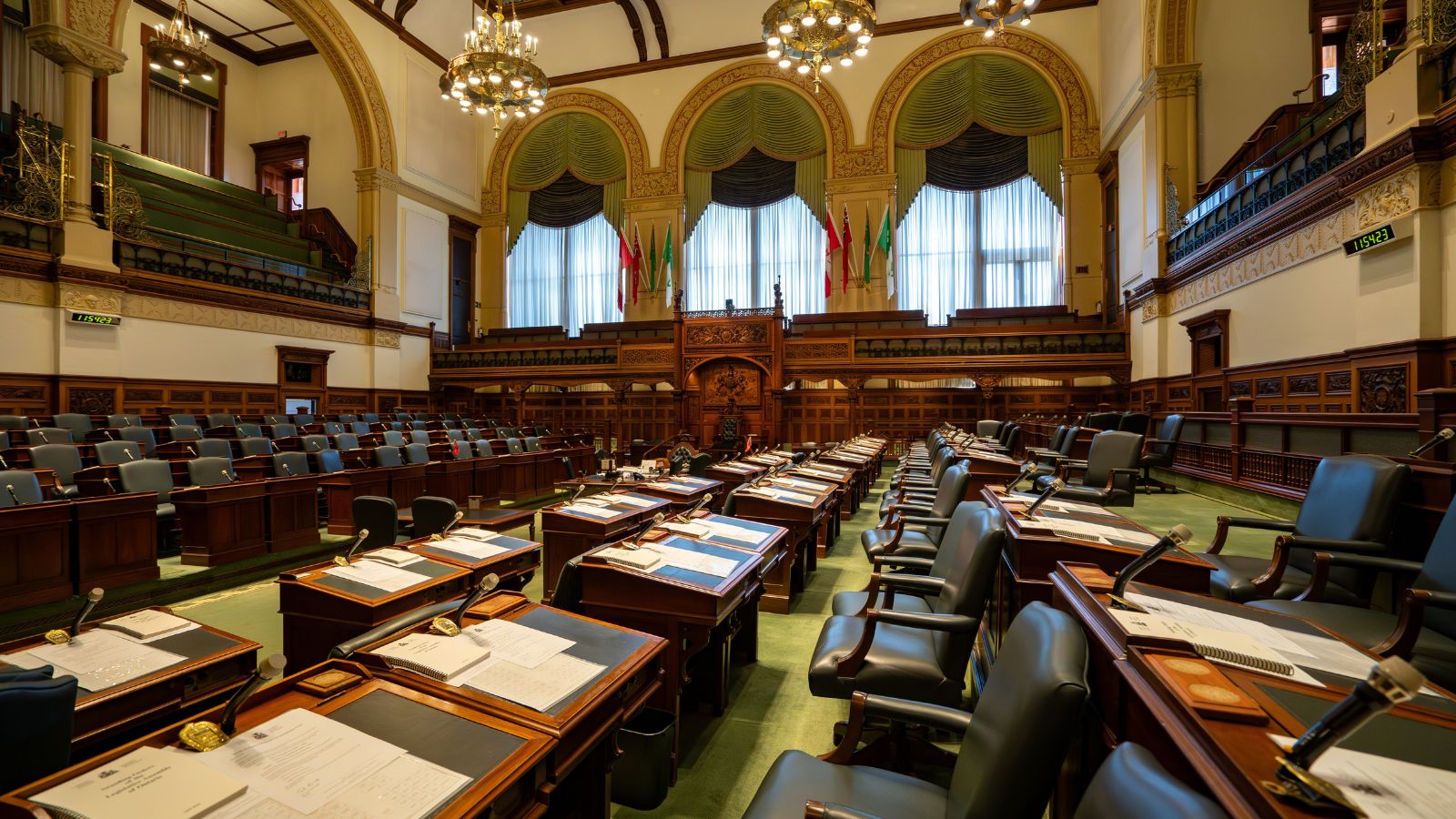
Even in its most divisive moments, Canadian politics generally avoids the vitriol seen elsewhere. Disagreement doesn’t spiral into gridlock or violence. While not immune to political polarization, Canada’s parliamentary system and emphasis on debate over personal attacks set a tone many countries now admire. In contrast to the intense partisanship of U.S. politics, other democracies are starting to prioritize more respectful discourse and electoral reforms that mirror Canada’s commitment to cooperation.
Indigenous Reconciliation
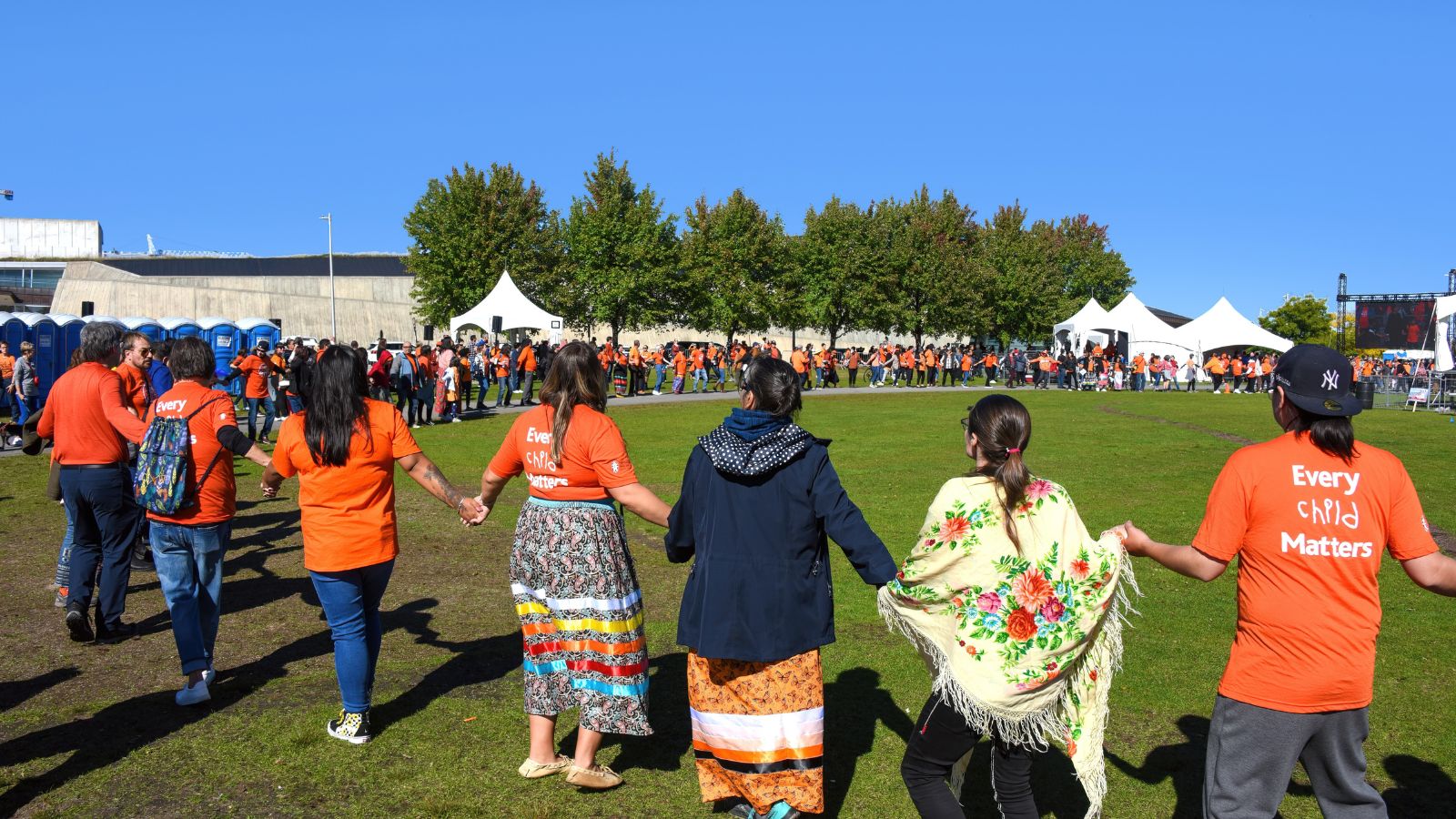
Canada’s efforts toward reconciliation with Indigenous peoples, though ongoing and complex, have spurred global interest. Countries with colonial pasts are watching the Truth and Reconciliation Commission, land acknowledgments, and the renewal of treaties. New Zealand and Australia have initiated similar processes, and even Scandinavian countries are working toward inclusive policies for their Indigenous populations. Canada’s model emphasizes recognition, reparations, and representation, a triad that’s being exported slowly but steadily.
Climate Accountability

From carbon pricing to clean energy subsidies, Canada’s climate policy, although inconsistent at the provincial level, is generally ahead of many of its global counterparts. Nations such as Germany and New Zealand are adopting comparable mechanisms. The Paris Agreement commitments helped set the tone, but Canada’s internal push for sustainable development and emissions reporting is leading by example.
Legal Cannabis Framework

Canada became the second country to legalize recreational cannabis nationwide. But what made it noteworthy wasn’t just the legality; it was the thorough regulatory framework. This model, which balances public health with commerce, is now being studied by countries such as Germany, Mexico, and Thailand. The Canadian approach showed that legalization doesn’t have to mean chaos; it can mean control, taxation, and reduced criminalization.
Ranked Choice and Fair Voting
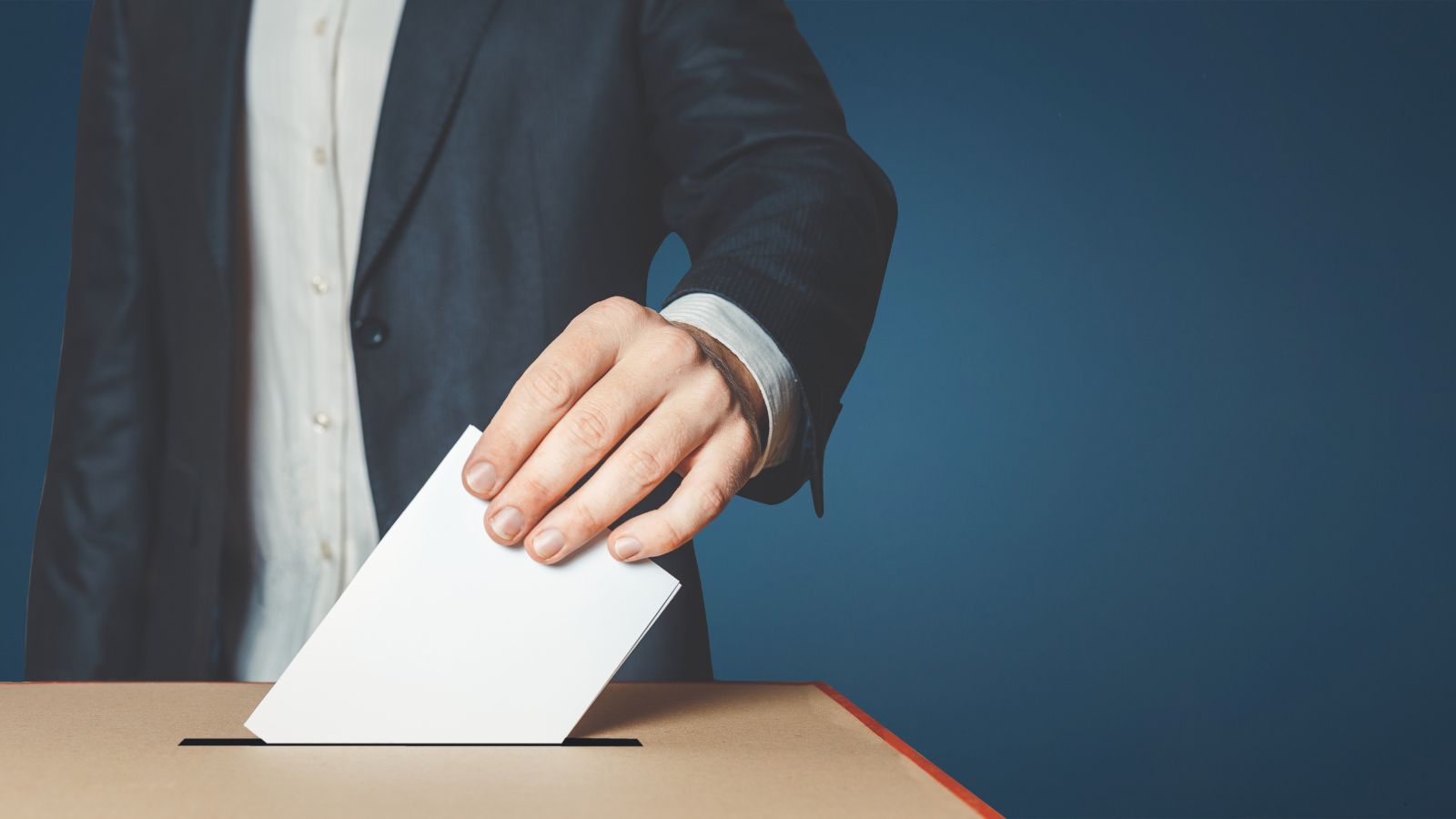
While Canada hasn’t fully embraced electoral reform, its experiments with ranked-choice voting and proportional representation at municipal levels have caught international attention. This push toward more representative democracy is now being echoed in places like the U.K., New Zealand, and some U.S. cities. The emphasis is on ensuring that every vote counts and that election outcomes reflect a broader consensus.
Bilingualism and Language Rights
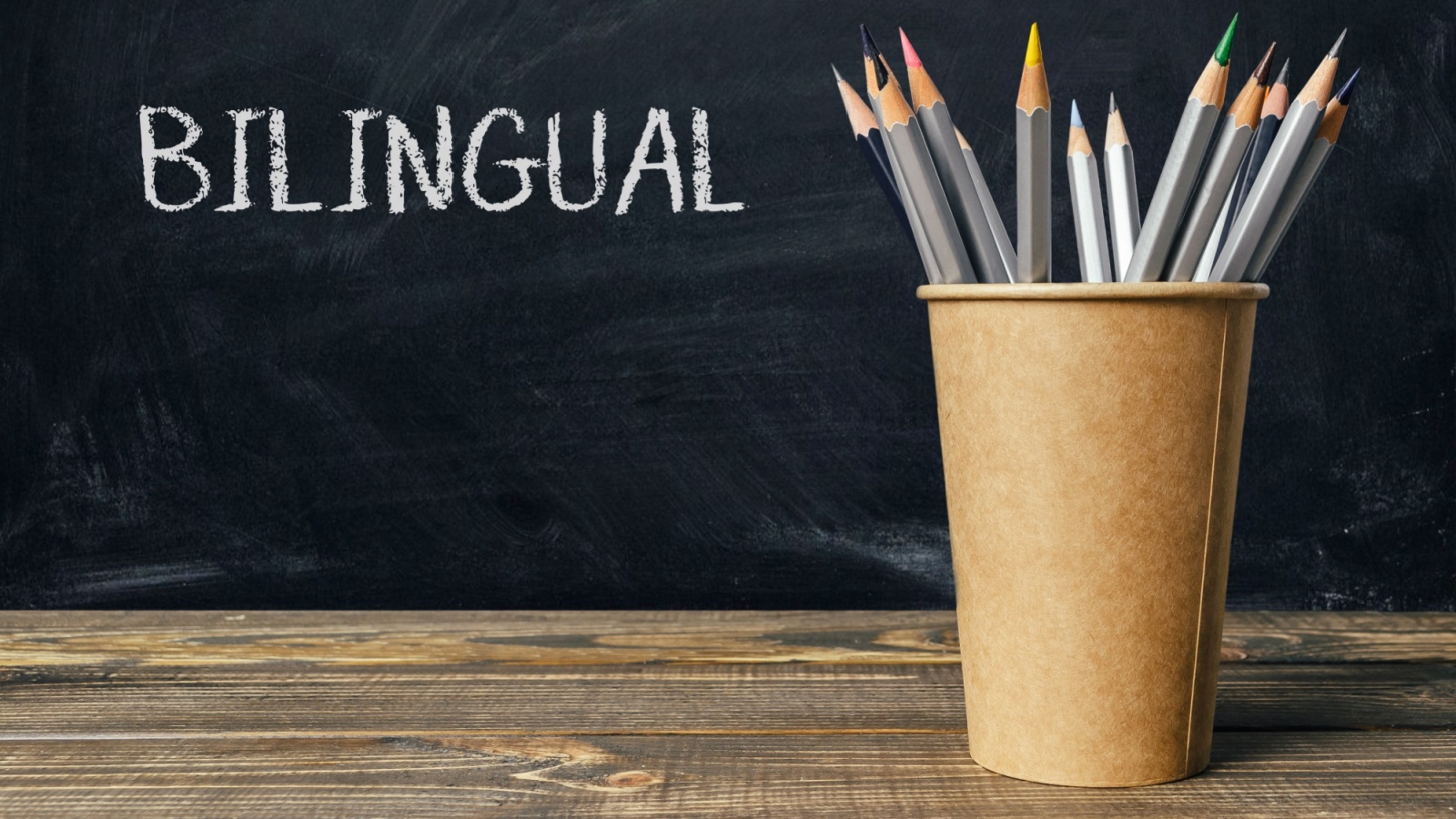
Canada’s official bilingualism, enshrined in the Constitution, ensures that English and French coexist in governance and culture. This model promotes accessibility and inclusivity, and it’s now inspiring other multilingual nations. South Africa, India, and Switzerland have looked to Canada’s policy mechanisms to handle linguistic diversity without marginalization. In an increasingly globalized world, the Canadian approach helps strike a balance between national identity and cultural nuance.
Social Safety Nets

Canada’s welfare programs, including Employment Insurance, universal childcare subsidies in Quebec, and Old Age Security, offer a layered safety net. While not all-encompassing, they’ve sparked interest in nations reconsidering their approaches to poverty and income inequality. The recent expansion of federal childcare supports has especially made headlines abroad, and countries such as Ireland and Japan are studying its implementation.
Refugee Resettlement Models
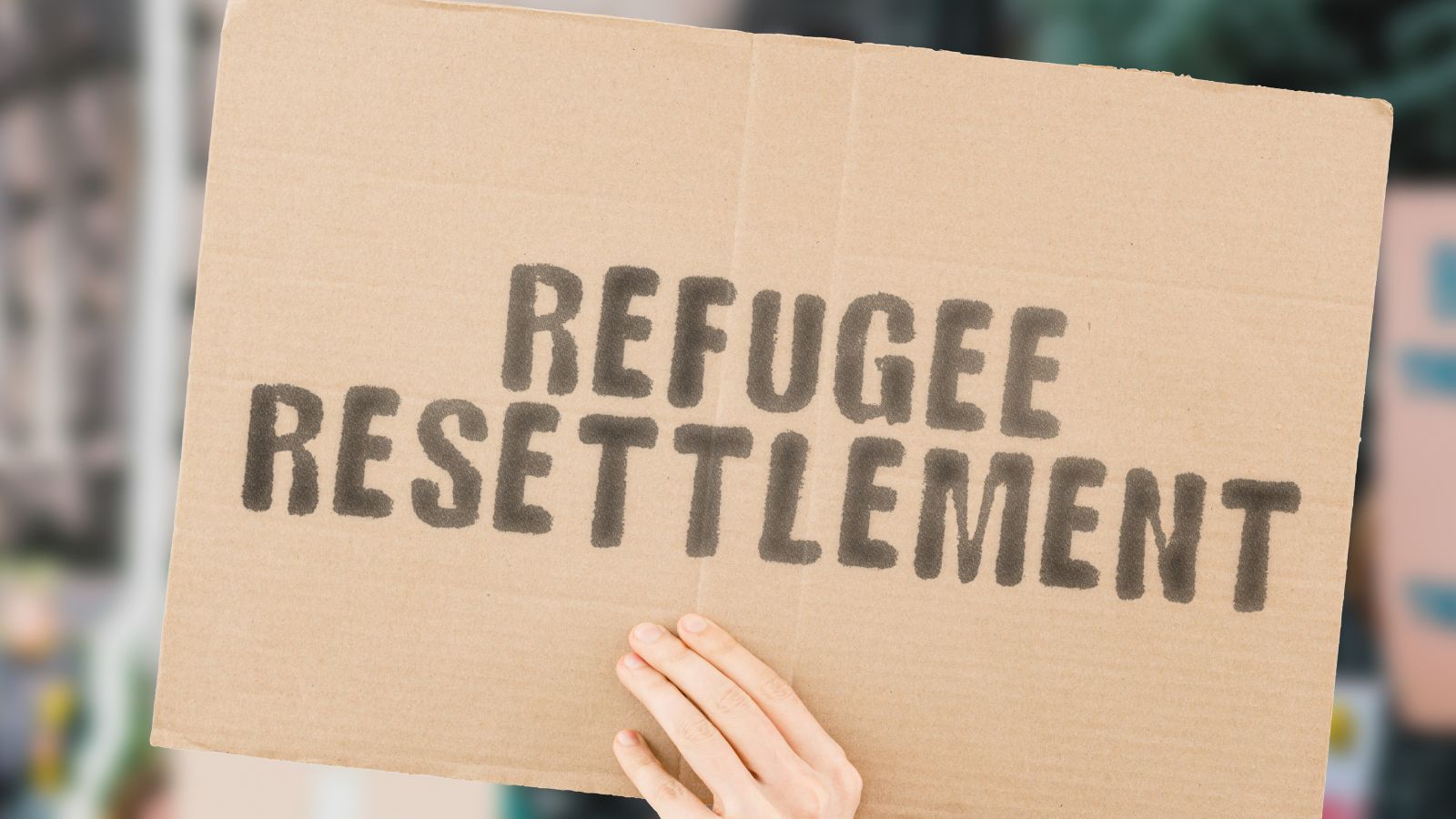
The country’s private sponsorship model for refugee resettlement is increasingly seen as a global gold standard. Unlike purely government-run programs, it allows communities, organizations, and even families to support refugees directly. This approach fosters faster integration, stronger local ties, and better outcomes. Countries like the U.K. and Germany have begun adapting this model. With global displacement at record highs, Canada’s inclusive and organized system is drawing widespread admiration and imitation.
Gun Control Measures (Expanded)
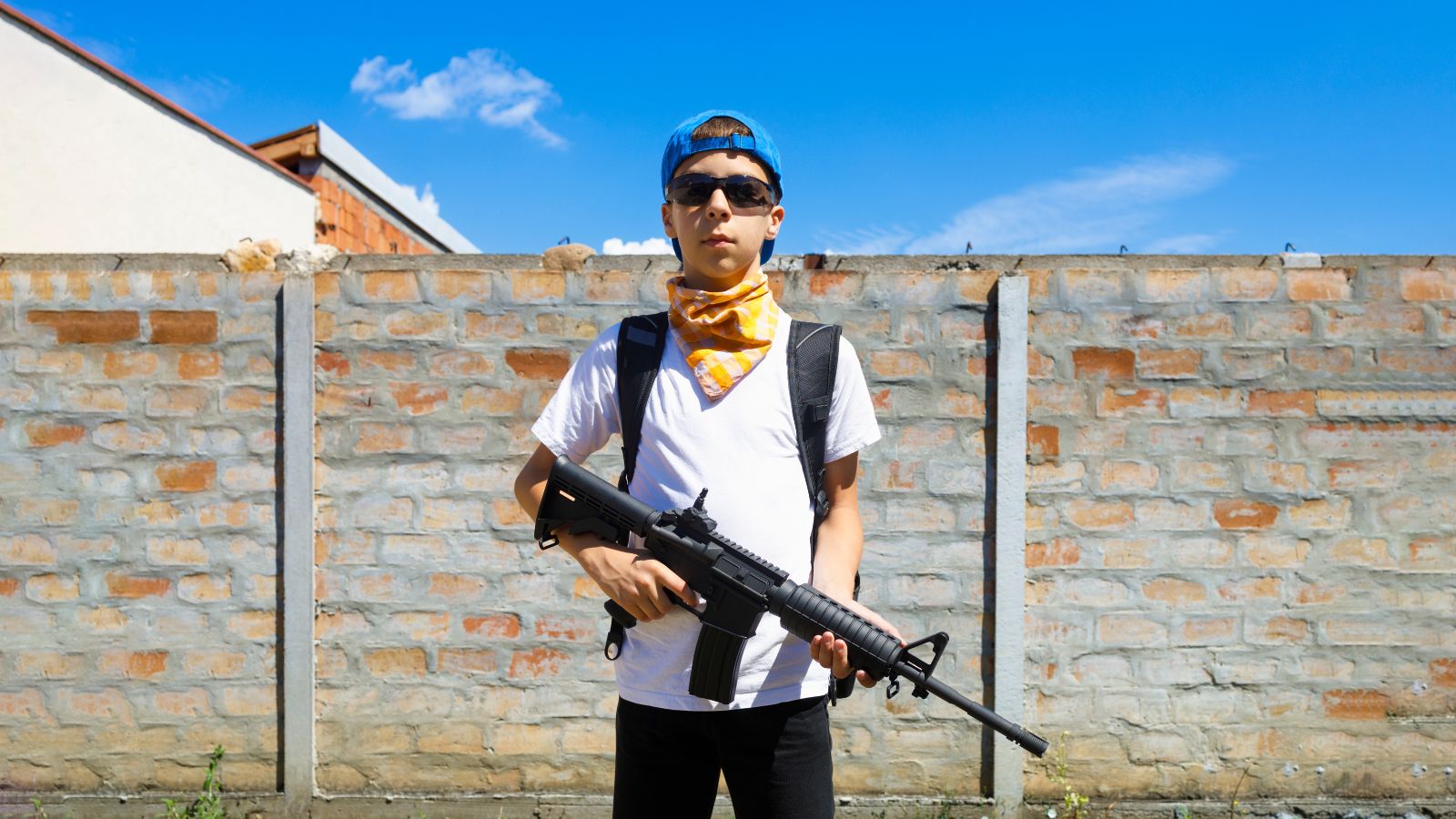
The country’s gun laws include mandatory background checks, licensing processes, safe storage laws, and strict restrictions on semi-automatic weapons. These rules are enforced without politicizing ownership among rural or Indigenous communities that rely on firearms for hunting or tradition. Unlike in countries where mass shootings trigger reactive laws, Canada’s proactive regulatory structure has made it a case study in preventive safety. Nations like New Zealand and parts of the EU have examined Canada’s legislative and cultural approach to firearm responsibility as a model for reducing gun-related incidents without alienating law-abiding citizens.
Public Broadcasting Integrity (Expanded)

The Canadian Broadcasting Corporation (CBC) operates with editorial independence, receives public funding, and has a mandate to reflect Canada’s diversity. It plays a crucial role in countering misinformation and maintaining a unified national narrative, without succumbing to sensationalism. In an era when public trust in media is declining globally, Canada’s ability to sustain a functioning public broadcaster is notable. Countries such as Germany (ARD, ZDF), Australia (ABC), and the U.K. (BBC) have all studied Canada’s funding and oversight mechanisms to combat media fragmentation and polarization.
Urban Planning and Livability (Expanded)

Vancouver’s green zoning, Montreal’s investment in public transit, and Toronto’s dense urban core have all contributed to globally recognized urban strategies. Mixed-use zoning, protected bike lanes, and accessible public services reflect a planning ethos that prioritizes people over cars. Other countries are taking notice. Scandinavian urbanists and Asian city developers are borrowing principles of Canadian zoning laws and transit-integrated housing to reduce congestion and promote sustainability.
Cooperative Business Models (Expanded)
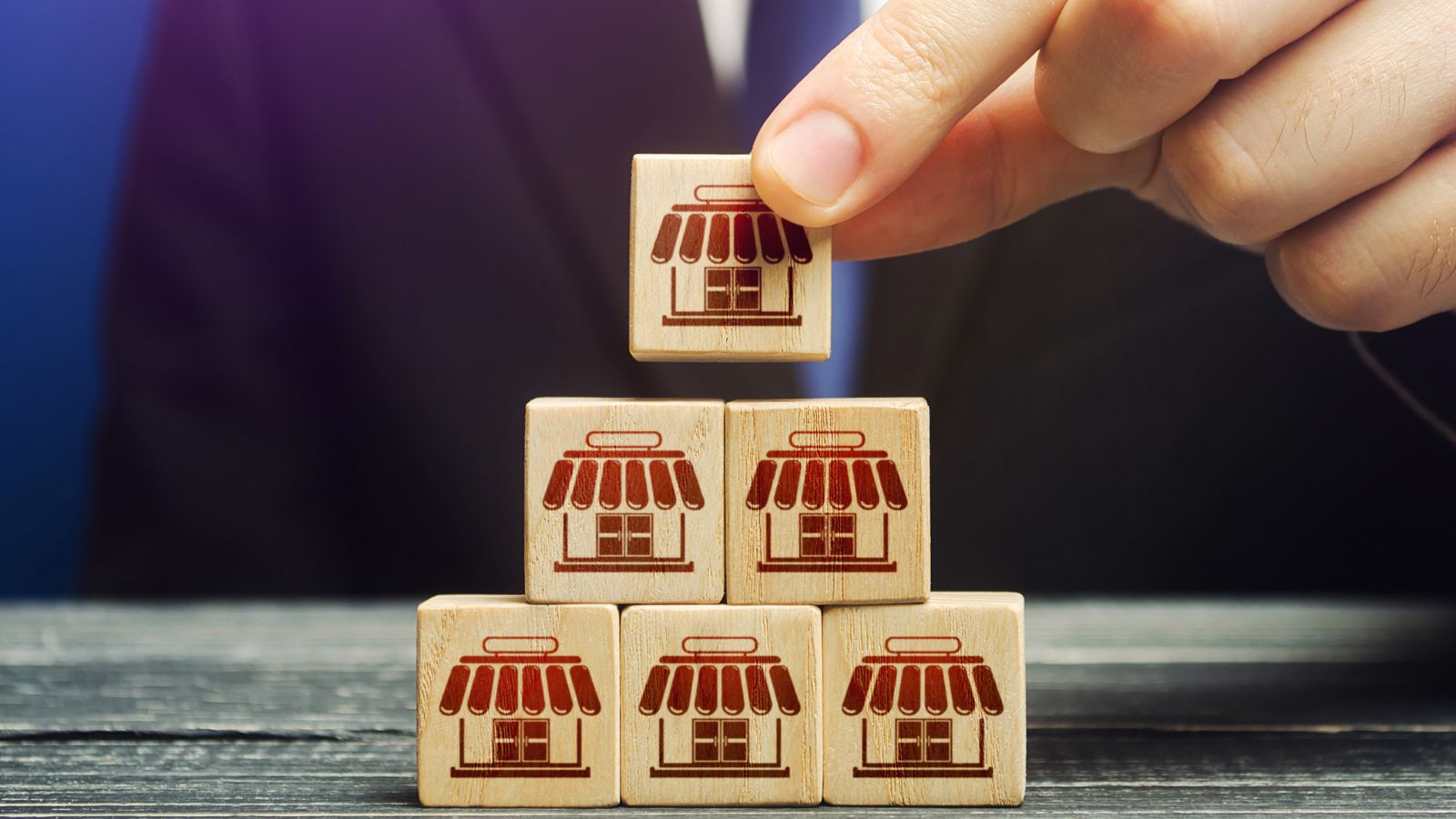
From agricultural co-ops in Manitoba to Desjardins Group in Quebec, Canada has cultivated a robust cooperative sector that marries economic productivity with democratic governance. These co-ops aren’t niche experiments; they form essential parts of Canada’s economy and serve millions of people. They offer profit-sharing, local investment, and community-first business ethics. In response to rising inequality and corporate consolidation, countries like Italy, Brazil, and even parts of the U.S. are revisiting cooperative structures.
Politeness as Cultural Norm (Expanded)

Politeness in Canada isn’t just about manners; it reflects deep-rooted social norms around civility, consideration, and non-confrontation. This value permeates customer service, political debate, education, and even road etiquette. With global discourse becoming increasingly aggressive online and offline, Canada’s reputation for restraint is gaining appreciation. Some European and Asian education systems have started teaching conflict resolution and respectful communication strategies influenced by Canadian social dynamics.
Independent Judiciary and Charter Rights (Expanded)
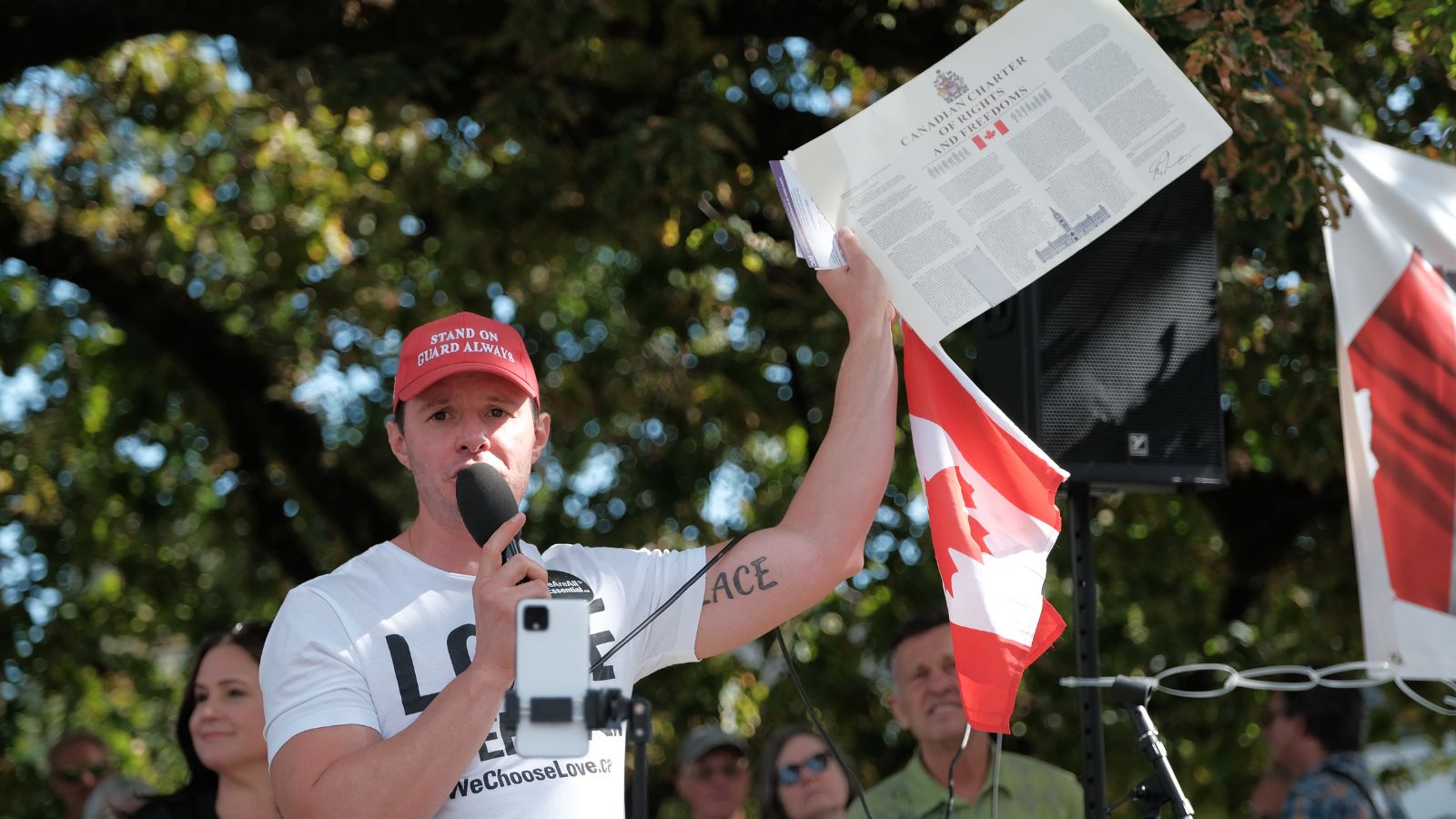
Canada’s Charter of Rights and Freedoms elevated judicial oversight as a cornerstone of democracy, ensuring courts could challenge government actions that violate civil liberties. Landmark rulings have affirmed protections for LGBTQ+ rights, Indigenous sovereignty, and freedom of expression. Globally, legal scholars and constitutional reformers are studying Canada’s model for integrating civil rights into governance without undermining elected institutions. Countries in Eastern Europe and Africa updating their constitutions often cite Canada’s Charter as a leading modern framework for civil protections.
LGBTQ+ Rights Protections (Expanded)

Canada was among the first countries to legalize same-sex marriage (2005) and to embed protections for sexual orientation and gender identity in federal human rights codes. Beyond legislation, Canada has implemented public education, inclusive healthcare services, and workplace protections that support the LGBTQ+ community. This layered support system is being studied and replicated in countries from Taiwan to Argentina. Municipal initiatives, such as Toronto’s Pride Month policies and school board inclusion mandates, provide micro-models of civic inclusion.
Free and Fair Elections Administration (Expanded)
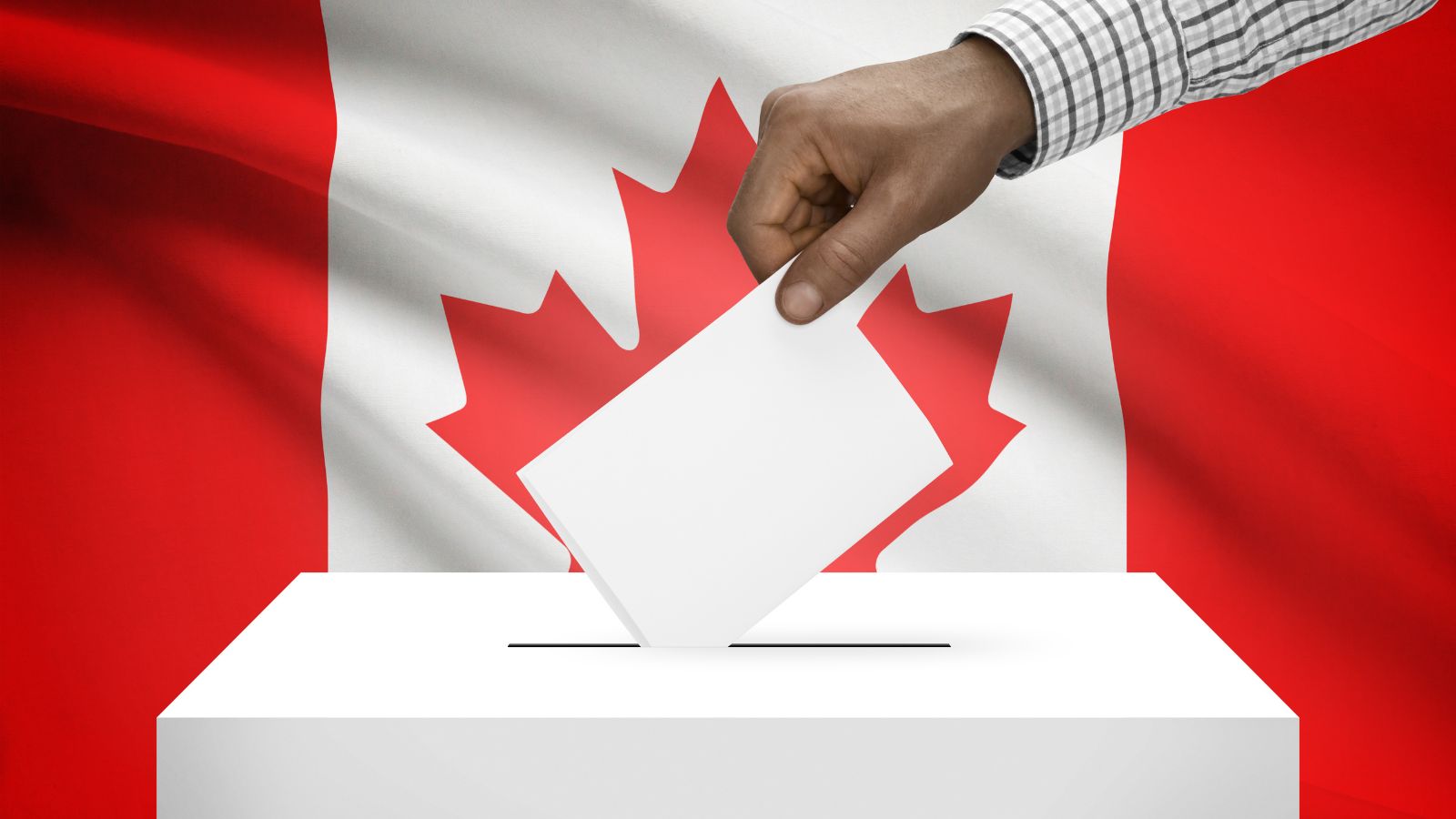
Elections Canada, the non-partisan agency overseeing federal elections, is lauded for its transparency, efficiency, and independence. The agency enforces spending limits, manages voter lists, and ensures that ballots are accessible and secure. Voter ID rules are strict but not exclusionary, and mail-in voting and early access options are readily available. These mechanisms uphold public confidence across the political spectrum. In contrast to systems where elections are marred by fraud or disenfranchisement, Canada’s electoral governance is held up as a model of integrity. Reform advocates in countries like India, Nigeria, and the U.S. often cite Elections Canada as an institution worth emulating.
Conservation of Natural Resources (Expanded)
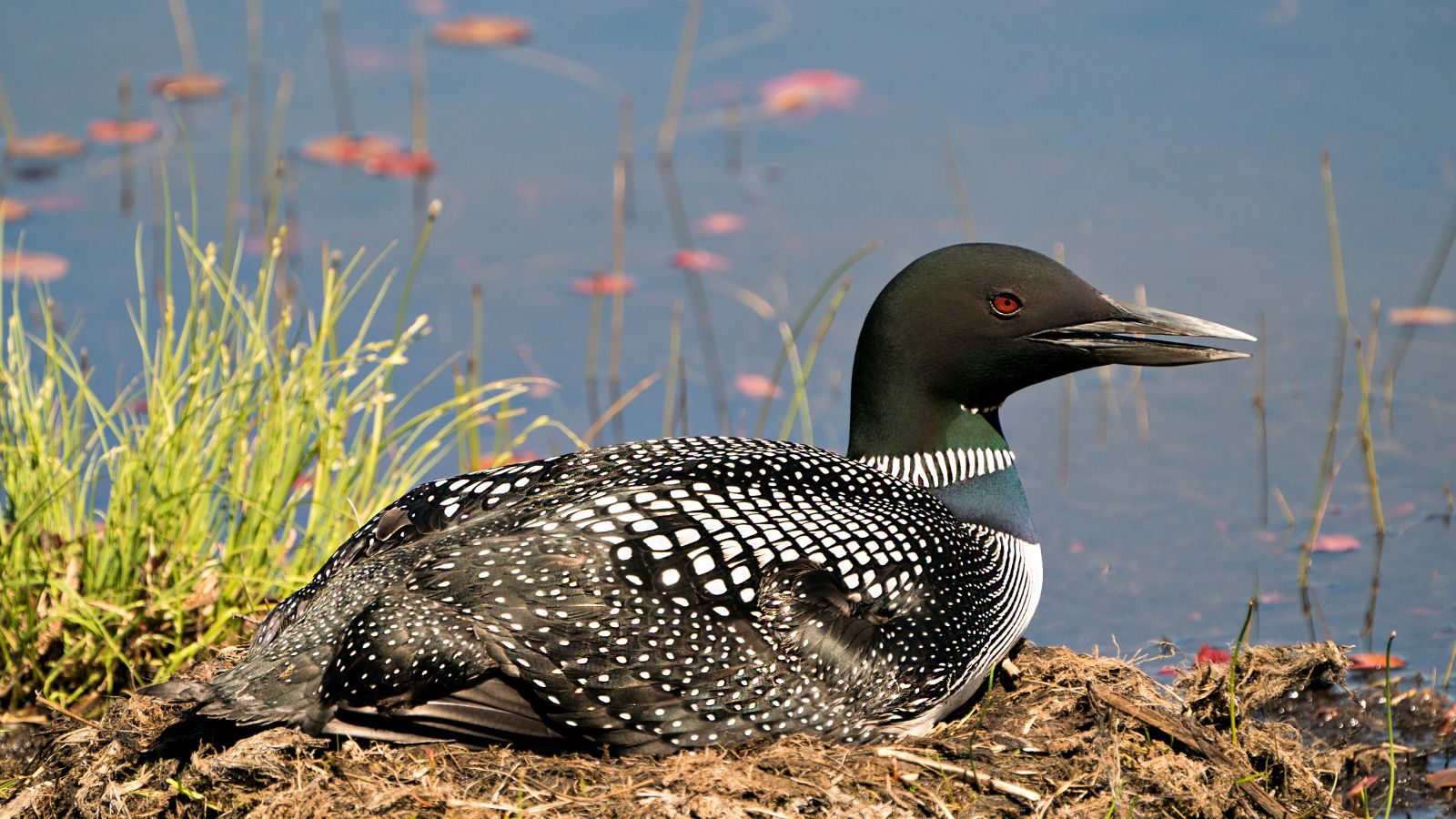
Canada’s natural resources, including its boreal forests, freshwater lakes, and Arctic wilderness, are protected through a layered governance system that involves federal parks, provincial regulations, and Indigenous stewardship. The establishment of Indigenous Protected and Conserved Areas (IPCAs) offers a world-leading example of ecological conservation through sovereignty and collaboration. Global organizations, such as the UN Environment Programme and the World Wildlife Fund, cite Canada’s multi-tiered strategies as frameworks for balancing economic development with long-term ecological preservation.
Education Accessibility and Funding (Expanded)

Canada’s commitment to accessible education is demonstrated through publicly funded primary and secondary schools, need-based grants for post-secondary education, and a robust student loan system with repayment assistance. Provincial control ensures curriculum adaptability to regional realities, while federal standards help maintain national equity. Indigenous-focused education initiatives and language immersion programs enrich the system’s inclusivity. Countries reforming their education sectors, like Ireland and South Korea, are studying Canada’s balance of autonomy and national consistency.
21 Products Canadians Should Stockpile Before Tariffs Hit

If trade tensions escalate between Canada and the U.S., everyday essentials can suddenly disappear or skyrocket in price. Products like pantry basics and tech must-haves that depend on are deeply tied to cross-border supply chains and are likely to face various kinds of disruptions
21 Products Canadians Should Stockpile Before Tariffs Hit
